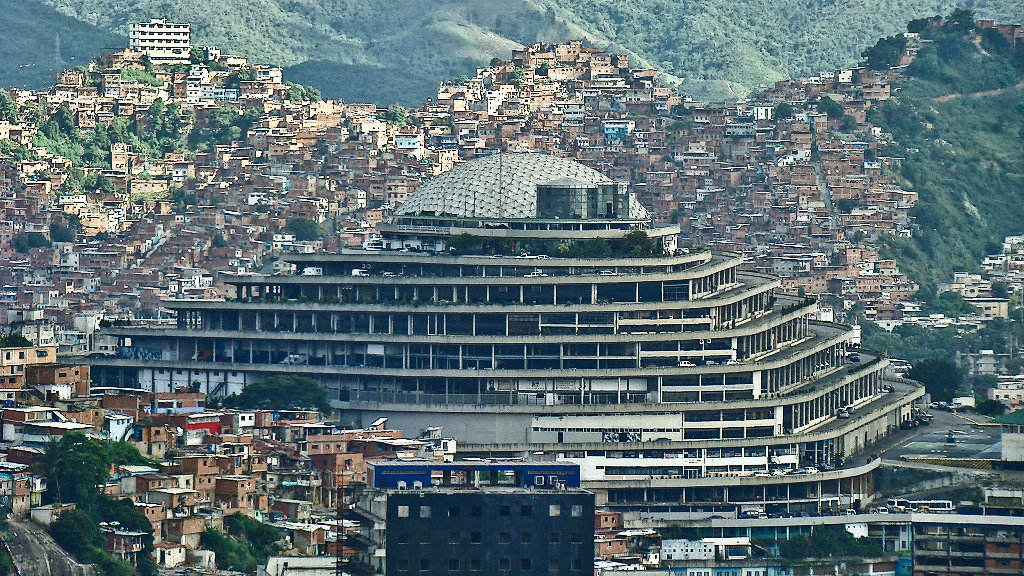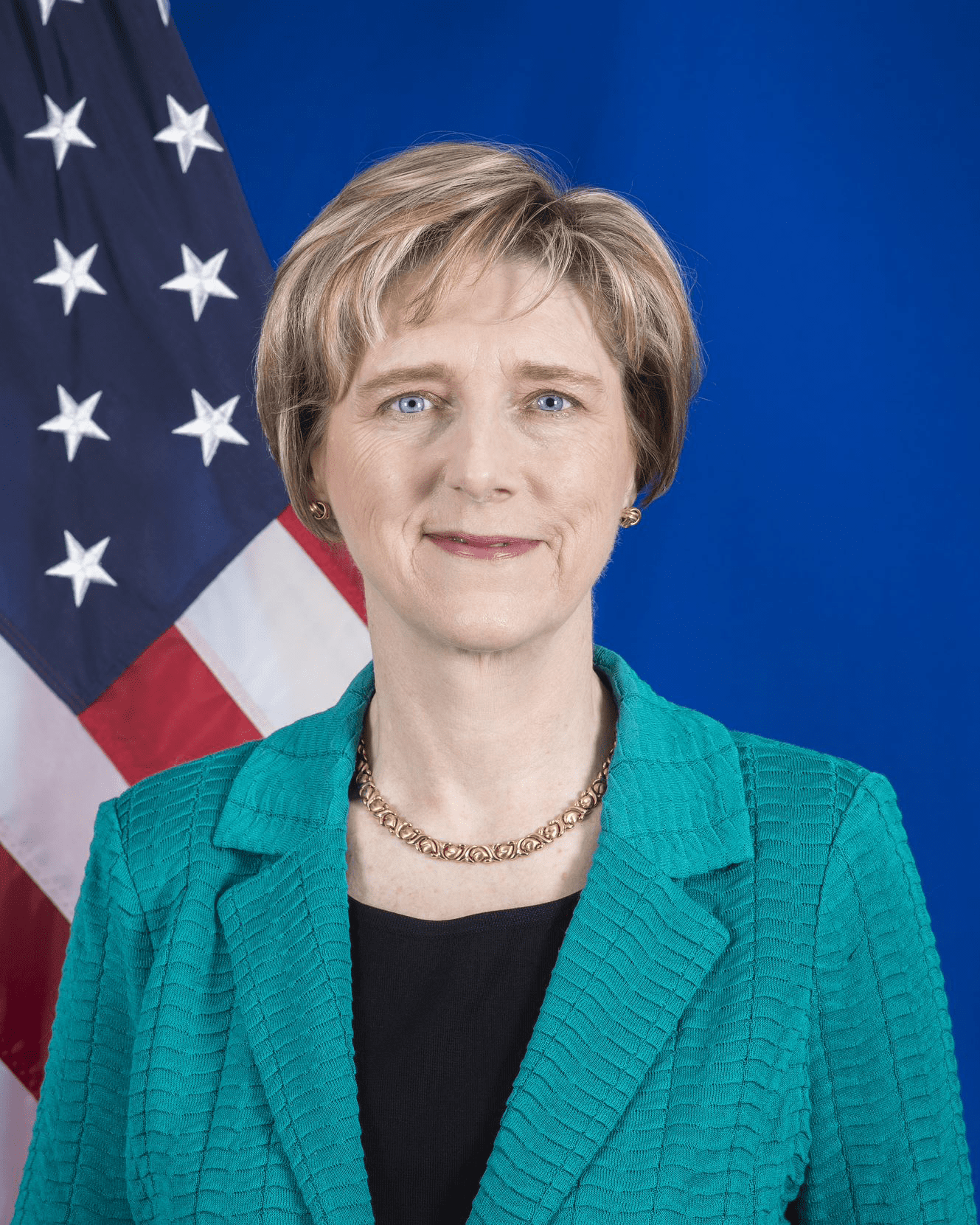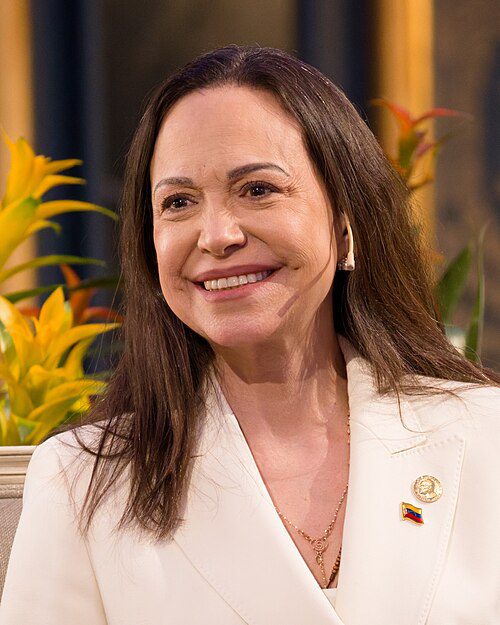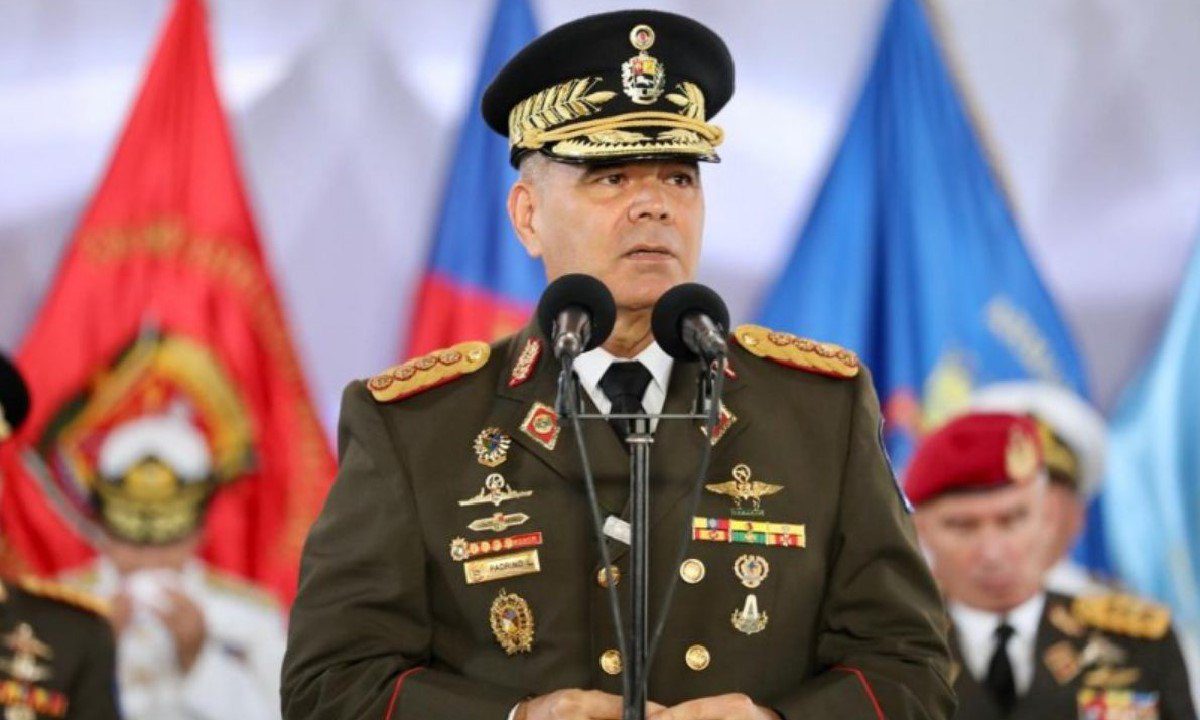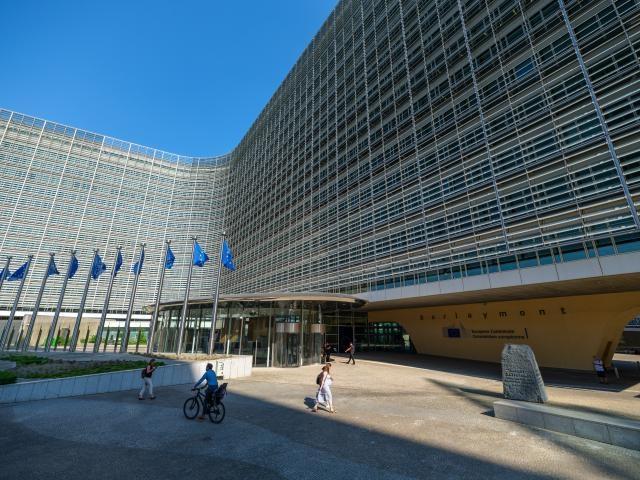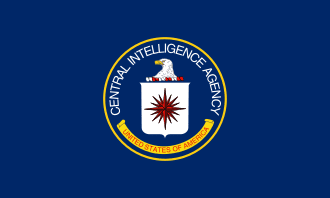The Processing and Penal Center Metropolitan Area of Caracas I, popularly known as El Helicoide, is a penitentiary center from which 9 of the 57 political prisoners released have come, as confirmed by the NGO Foro Penal. Photograph: Wikimedia Commons / Damián D. Fossi Salas
Guacamaya, July 21, 2025. After the exchange that resulted in the return of 252 Venezuelans from the CECOT in El Salvador and the release of 10 citizens, including Americans (with other nationalities) and permanent residents of that country, the Venezuelan government announced the liberation of 80 people whose detention was linked to political reasons. Without official lists and with discrepancies in figures among organizations, the situation remains marked by opaqueness and uncertainty.
Several human rights groups, such as the Committee for the Freedom of Political Prisoners (Clippve), Justice, Encounter and Forgiveness, and Foro Penal, have independently monitored the process. Thus, they have released their own lists due to the absence of official data from the Venezuelan government, although these lists show considerable differences.
On the one hand, Foro Penal confirmed the release of 57 individuals as of the morning of Monday, July 21, including 48 Venezuelans and 9 Americans or permanent residents in the United States. Although 10 citizens linked to the North American country were released, one of them was not registered as a political prisoner and therefore was not included in the report.
By Sunday night, the organization Justice, Encounter and Forgiveness estimated 59 people released, of whom only 50 names match Foro Penal’s list, including the 9 American citizens/residents. Considering the 16 differing names, the total would reach 66 unofficially confirmed releases, with only one woman included.
The figure from Justice, Encounter and Forgiveness was supported by Clippve in a statement on Monday afternoon. The Committee was the first organization to release a list resulting from independent monitoring, with the latest update counting 28 released by Friday night, when the return of detained Venezuelan migrants in El Salvador took place.
A persistent element in the general confusion is whether the announced 80 releases by the Venezuelan government include the 10 already released Americans/residents or refer exclusively to Venezuelans. This doubt persists especially because no national authority has published an official list.
Although this is a significant number of politically motivated releases, the most high-profile name confirmed is that of Williams Dávila, a 75-year-old former deputy and ex-governor, leader of the traditional faction of Acción Democrática. The rest are associated with post-electoral detentions after the 2024 Presidential elections, according to the incarceration dates reported by Foro Penal.
Contradictions in the Government Narrative
The official stance has been marked by the politicization of the discourse but also contradictions. Diosdado Cabello, Minister of Interior, Justice and Peace, and Sectorial Vice President of Policy, Citizen Security and Peace, stated that the release of the 80 people was not the result of negotiation with the United States, but rather an agreement with sectors of the Venezuelan opposition.
Cabello indicated that this agreement involved the mediation of former Spanish President José Luis Rodríguez Zapatero. “This has to do with the management of former President Rodríguez Zapatero; the Venezuelans were not negotiated with the US. This is a sovereign decision of the Venezuelan government,” expressed the Venezuelan official after confirming the figure of 80 releases.
However, on Friday night, Venezuelan President Nicolás Maduro publicly thanked Zapatero’s intervention but linked it directly to the release of Venezuelans detained at CECOT in El Salvador. “God works miracles. Our thanks to former President Zapatero for supporting Venezuelan families,” said the president.
This fact, while highlighting Zapatero’s role as a broker of multiple rapprochements, simultaneously adds ambiguity regarding the true nature of the release processes. Given the statements by Cabello and Maduro about Zapatero’s involvement, it cannot be assumed that the multiple releases are isolated events.
Zapatero’s role as mediator has been repeatedly criticized by the opposition. Opposition leader María Corina Machado said in an interview with Spain’s ABC newspaper that Zapatero’s role has been detrimental to the Venezuelan democratic cause. “Managing particular interests under the table, using human beings as bargaining chips, is something abominable,” she asserted.
Opposition Denounces New Arrests
In the context of recent releases, both the Democratic Unitary Platform and Command with Venezuela issued statements; while they celebrate that several citizens have regained their freedom, they strongly criticize the use of people as “bargaining chips” or “trophies” to gain political advantage.
The Democratic Unitary Platform warned that freedom is an inherent right and demanded the release of all detainees for political reasons, as well as an end to persecution and respect for the rule of law. Simultaneously, Command with Venezuela denounced ongoing arrests—12 in total—and described the phenomenon as a “revolving door,” with about 1,000 detainees still held.
Lack of Transparency and Eroded Trust
The absence of official lists from the government and the obvious disparity of figures and confirmed names by independent bodies cast doubts on the process’s transparency, as well as on the authenticity and scope of the negotiation. NGOs recall previous occasions in which the government included people already released or even deceased in release lists.
The release process in Venezuela is hardly seen as reconciliation or restoration of rights, especially by the opposition. Though Diosdado Cabello said that the releases were part of a “procedural benefit” measure, it is still unknown whether the freed individuals will be subject to precautionary measures or granted full freedom, deepening distrust.

